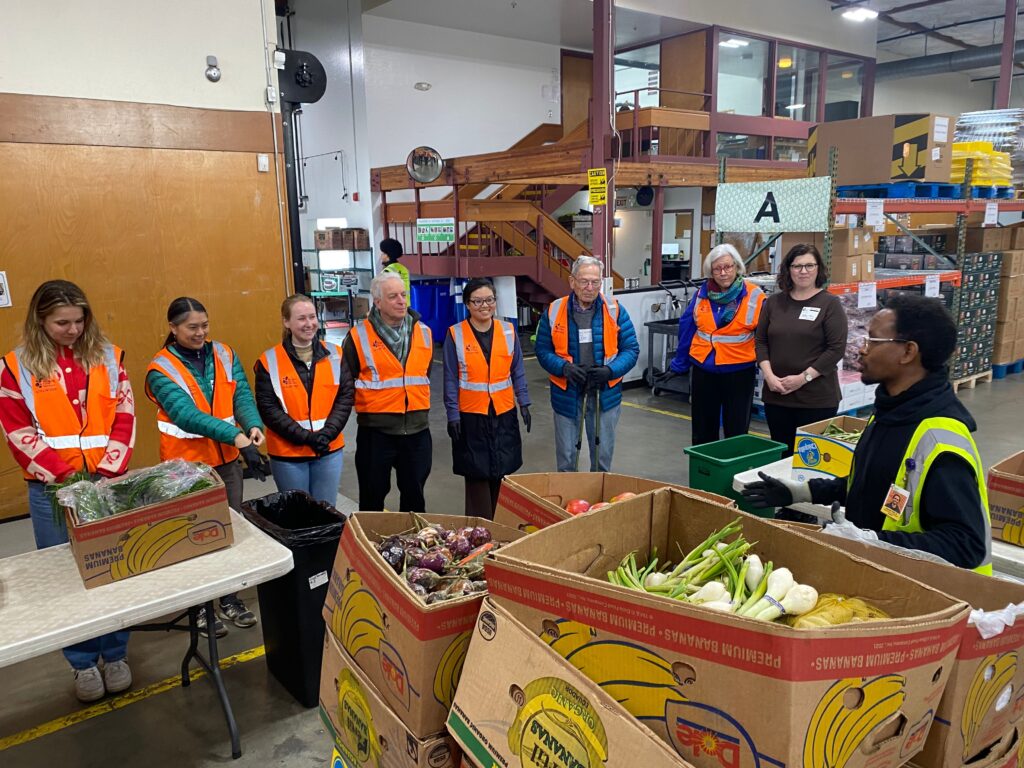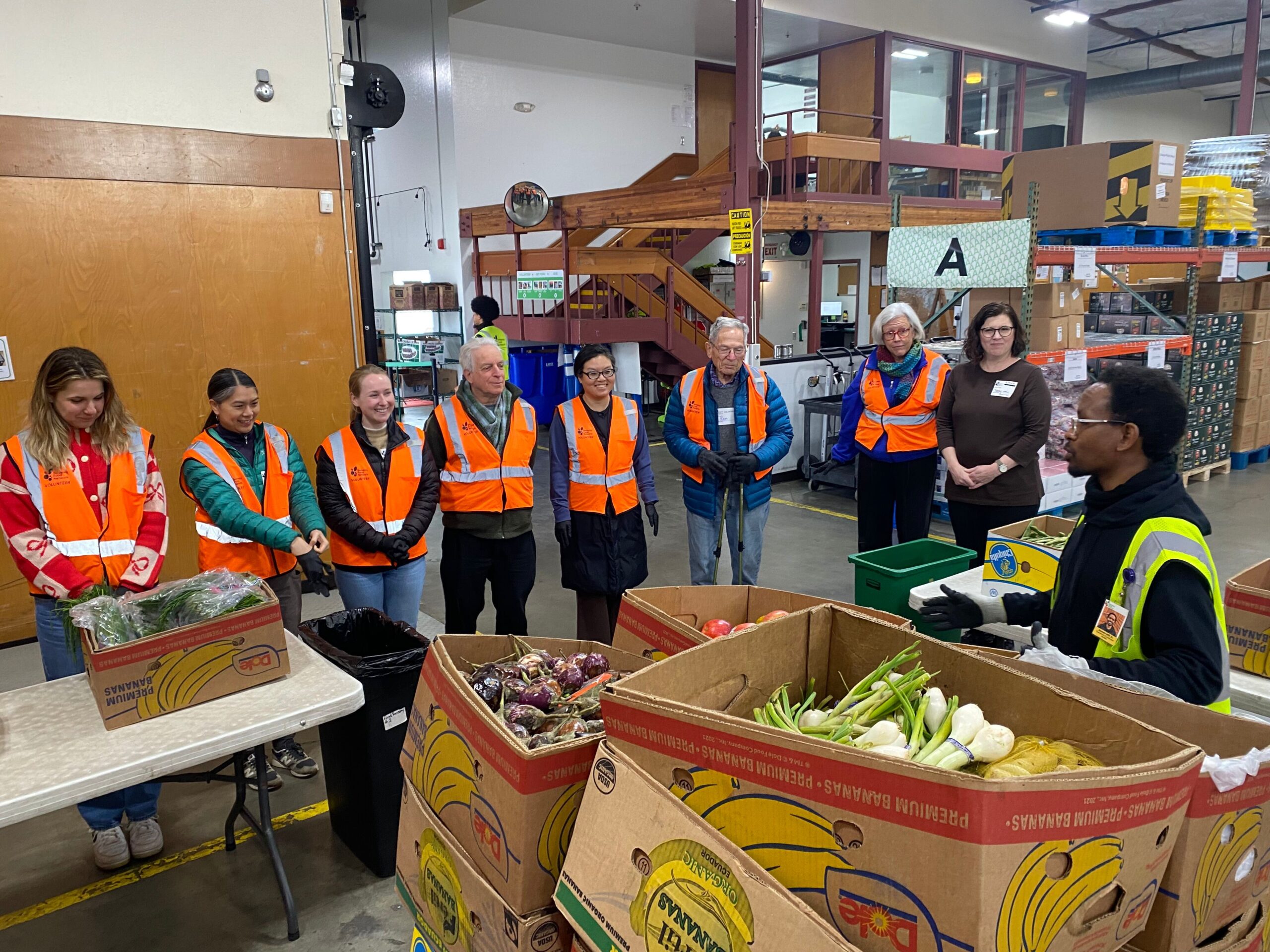
Berkeley Food Network is raising the standards on food recovery. Food recovery is just one of BFN’s food sourcing strategies, but a critical one. Last year, BFN received and distributed over 300,000 pounds of recovered food diverted from entering local waste streams. This food was sorted for quality and then redistributed to community members and partner organizations. As we evaluate ways to improve our programs and ensure our community receives food in a dignified way, BFN partnered with StopWaste to develop food recovery produce sorting standards to share with partner organizations.
The Operations Team at BFN spent several months researching and creating quality standards for the food that we distribute to our community members and distribution partners, as well as developing a training process for our dedicated volunteers. BFN leveraged experts in research and nutrition policy from the University of California Nutrition Policy Institute (NPI) to capture feedback on our process and training. In mid-February, the NPI staff came to BFN’s warehouse for a group volunteer activity and to pilot our training. After receiving a warehouse tour and overview of how BFN works, they learned about food recovery and the new guidelines, and then tried their hand at sorting over a thousand pounds of produce picked up from our biggest food recovery partner – Berkeley Bowl.
“Volunteering at the Berkeley Food Network was incredibly rewarding. I enjoyed the opportunity to learn more about their role in ensuring everyone in our local community has access to healthy food, particularly fresh produce! The Berkeley Food Network team was incredibly welcoming and friendly! Spending the day volunteering with my colleagues was a great team building activity. Thank you, Berkeley Food Network!”
– Danielle Lee, Nutrition Policy Institute researcher and director of communications
NPI staff were able to use their expertise in nutrition and food access to evaluate the new guidelines’ ability to reduce food waste, encourage food safety, and promote dignity. Their professional perspective and experience provided us with strong feedback to improve the program for volunteers in the future. Berkeley Food Network is grateful to partner with organizations like Nutrition Policy Institute to improve and innovate across all aspects of our work.
